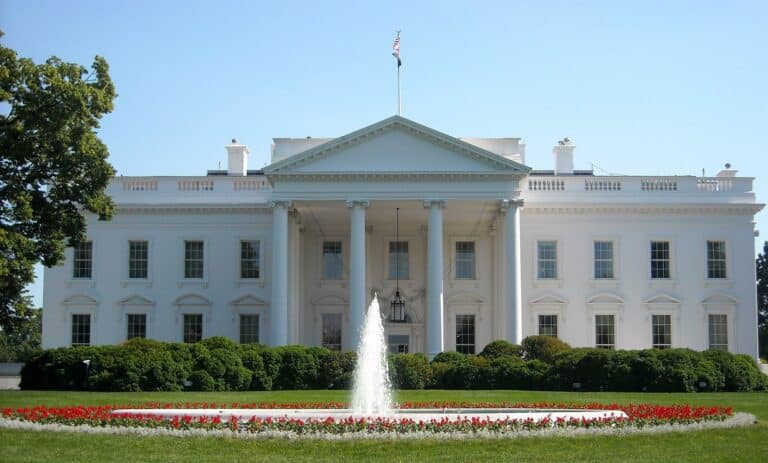
Benjamin Sachs is the Kestnbaum Professor of Labor and Industry at Harvard Law School and a leading expert in the field of labor law and labor relations. He is also faculty director of the Center for Labor and a Just Economy. Professor Sachs teaches courses in labor law, employment law, and law and social change, and his writing focuses on union organizing and unions in American politics. Prior to joining the Harvard faculty in 2008, Professor Sachs was the Joseph Goldstein Fellow at Yale Law School. From 2002-2006, he served as Assistant General Counsel of the Service Employees International Union (SEIU) in Washington, D.C. Professor Sachs graduated from Yale Law School in 1998, and served as a judicial law clerk to the Honorable Stephen Reinhardt of the United States Court of Appeals for the Ninth Circuit. His writing has appeared in the Harvard Law Review, the Yale Law Journal, the Columbia Law Review, the New York Times and elsewhere. Professor Sachs received the Yale Law School teaching award in 2007 and in 2013 received the Sacks-Freund Award for Teaching Excellence at Harvard Law School. He can be reached at [email protected].
Douglas Williams has a great post up on Talking Union that critiques my Unbundled Union essay. William’s post is definitely worth a read.
A few very quick points. One, it’s worth saying, as Williams does, that my proposal for “political unions” is meant as a means to mitigate the representational inequality – that is, the political inequality – that lower- and middle-income Americans currently suffer. Whether or not workers who join political unions would embrace the traditional goals of the labor movement, increasing their political voice would be a victory for political equality. Two, the argument in the Essay is not that management wouldn’t oppose political unions; sometimes it would. Williams notes that management is more likely to oppose political unions if those unions push for economic goals, but, even so, such opposition would be less intense than is opposition to collective bargaining unions (for reasons the Essay explains). More importantly, the existence of opposition to progressive economic policy does not imply that political unions could never secure economic policy goals. The examples the Essay gives of contemporary union efforts that resemble political unionism – SEIU Local 880’s homecare campaigns, to take one – involved explicitly economic goals. Three, and related, Williams reads me as arguing that things like paid sick leave are “anti-competitive.” The argument in the Essay, though, is that this is true to the extent that paid sick leave is required of some firms in a market but not others. Because a paid sick leave law would sweep in far more firms than a collective bargaining agreement, the sick leave law will be less likely than the CBA to disadvantage some firms vis-a-vis others, and thus less likely to inspire opposition. Finally, as Williams also notes, my argument “does not imply that workers should not also have a collective voice in the workplace” and “the proposal . . . is meant as a complement to, rather than a substitute for, efforts to rethink collective economic representation at work.”
You can find my Yale Law Journal Essay here, and the NYT op-ed version (“A New Kind of Union”) here.






Daily News & Commentary
Start your day with our roundup of the latest labor developments. See all
June 6
In today’s news and commentary, Governor Jared Polis directs Colorado’s labor agency to share information with ICE; and the Supreme Court issues two unanimous rulings including exempting a Catholic charity from paying unemployment compensation taxes and striking down the heightened standard for plaintiffs belonging to a majority group to prove a Title VII employment discrimination […]
June 5
Nail technicians challenge California classification; oral arguments in challenge to LGBTQ hiring protections; judge blocks Job Corps shutdown.
June 4
Federal agencies violate federal court order pausing mass layoffs; Walmart terminates some jobs in Florida following Supreme Court rulings on the legal status of migrants; and LA firefighters receive a $9.5 million settlement for failure to pay firefighters during shift changes.
June 3
Federal judge blocks Trump's attack on TSA collective bargaining rights; NLRB argues that Grindr's Return-to-Office policy was union busting; International Trade Union Confederation report highlights global decline in workers' rights.
June 2
Proposed budgets for DOL and NLRB show cuts on the horizon; Oregon law requiring LPAs in cannabis dispensaries struck down.
June 1
In today’s news and commentary, the Ninth Circuit upholds a preliminary injunction against the Trump Administration, a federal judge vacates parts of the EEOC’s pregnancy accommodation rules, and video game workers reach a tentative agreement with Microsoft. In a 2-1 decision issued on Friday, the Ninth Circuit upheld a preliminary injunction against the Trump Administration […]